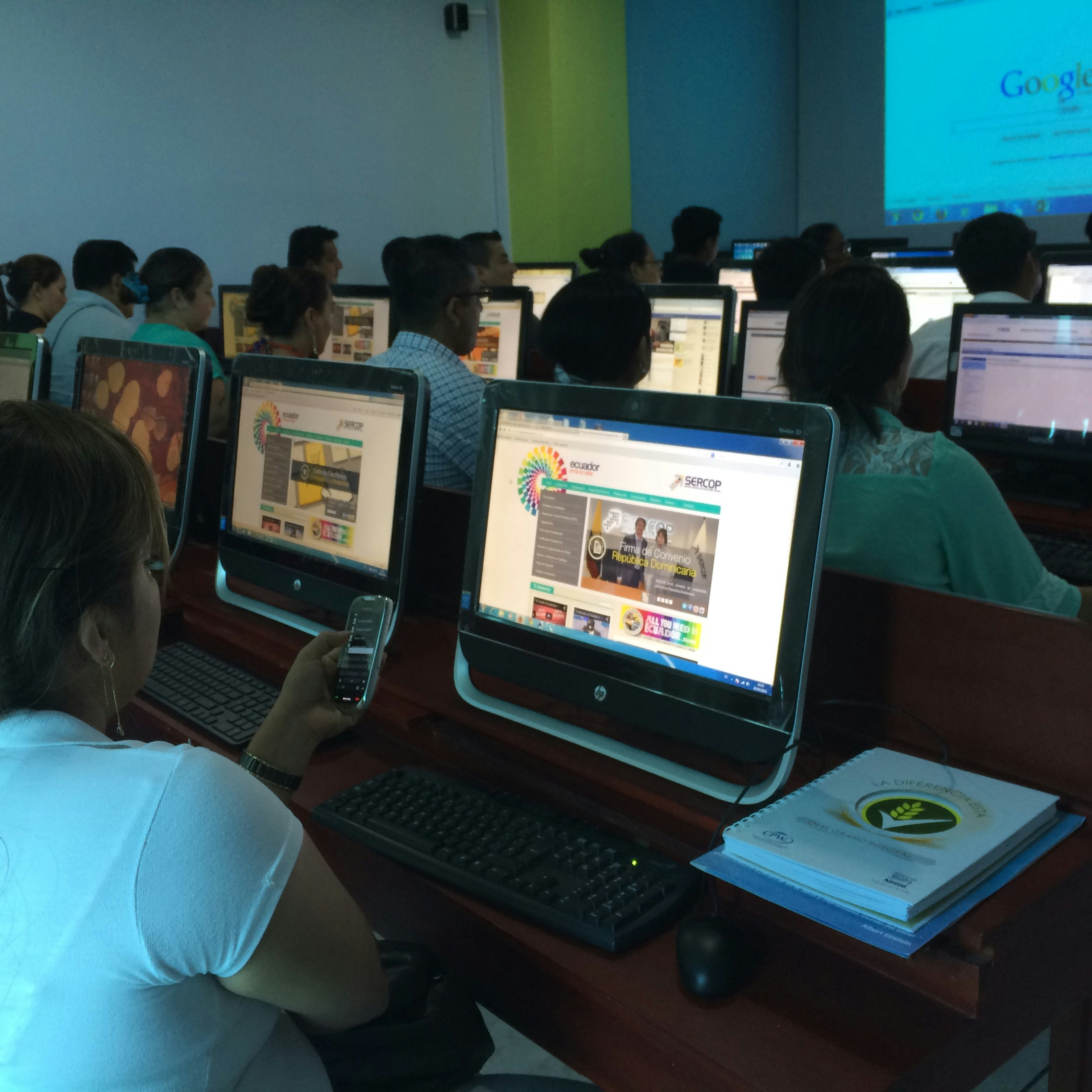Digital Equity in Mississippi
Digital equity refers to the fair access to technology and the internet, as well as the skills necessary to utilize these resources effectively. In Mississippi, this issue has emerged as a critical concern, particularly for underserved communities that face barriers in accessing essential digital services. The state has long grappled with disparities in internet connectivity, which have been exacerbated by socioeconomic factors and geographic isolation. As a result, many individuals and families lack the necessary tools to engage fully in today’s digital world, hindering their ability to access vital resources such as education, healthcare, and employment opportunities.
Recognizing these challenges, the National Telecommunications and Information Administration (NTIA) has allocated $10,752,090 through its Digital Equity Capacity Grant program specifically for Mississippi. This funding aims to promote initiatives that foster digital equity throughout the state. The primary objectives of this grant focus on distributing devices to those in need, implementing comprehensive training programs to enhance digital skills, and forming community partnerships to support diverse populations, including families, seniors, students, and small businesses.
The introduction of this grant represents a significant step towards addressing the widening digital divide in Mississippi. By emphasizing the importance of internet access and digital skills training, stakeholders aim to create a more inclusive environment that equips residents with the resources they need to thrive in an increasingly digital economy. The initiatives funded by the NTIA are designed to directly impact the lives of those who have historically been marginalized, ensuring that they have the opportunity to participate meaningfully in the digital landscape. By bridging gaps in access and education, Mississippi can pave the way for a future where technology serves as a pathway to equity and opportunity for all its citizens.
Reactions to the Digital Equity Grant and Political Context
The political landscape surrounding the Digital Equity Capacity Grant, part of the Biden-Harris Digital Equity Act, has been notably contentious. On May 8, 2025, former (and current) President Donald Trump publicly criticized the initiative, labeling it unconstitutional. His remarks sparked considerable discussion, echoing sentiments among his supporters who view the grant as a governmental overreach. The implications of such a statement carry significant weight as they shape public perception of the grant’s purpose and efficacy.
The current division in American politics amplifies the polarized views on digital access issues. Critics argue that the Digital Equity Act could be misappropriated, while proponents assert that such initiatives are crucial steps toward bridging the digital divide. Trump’s critique potentially mobilizes his base, framing the digital equity initiative as a political weapon rather than a necessary social advancement. This reaction is significant in a time where digital access is critical for economic and educational opportunities, especially in states like Mississippi, where disparities are profound.
This increasing polarization poses risks for the successful implementation of the Digital Equity Capacity Grant. Stakeholders must navigate a complex terrain where political affiliations influence public opinion and acceptance. The backlash following Trump’s comments may lead to static or even declining support for the initiative, but it may also prompt counter-strategies from advocates. Engaging in targeted communication and outreach efforts is essential to clarify the intent and benefits of the grant, stripping away the politicization that may hinder progress.
As the grant rollout progresses, understanding the implications of such political rhetoric is crucial. Keeping the conversation focused on the real-world impacts on communities will be integral in mitigating the backlash and fostering a collaborative approach to digital equity, irrespective of political ideologies.
Consequences of Potential Withdrawal of Funding
The implications of halting or canceling NTIA’s Digital Equity Capacity Grants in Mississippi could be staggering, potentially reversing progress achieved thus far in addressing the digital divide. One significant consequence would be a disruption in the distribution of essential devices. Many low-income families, seniors, and students rely on these resources to access educational materials, telehealth services, and job opportunities. Without continued funding, the pipeline of devices that have been critical in bridging gaps could dry up, leaving many without the necessary tools for participation in today’s digital economy.
Moreover, the cancellation of grants would likely impede ongoing digital skills workshops aimed at enhancing the technological literacy of underserved communities. These workshops provide invaluable training for individuals who may lack experience with modern devices and online platforms. The loss of funding would undermine educators and community organizations that have dedicated time and resources to empowering citizens with the skills essential for navigating digital landscapes. Stakeholders, including local governments and community leaders, have expressed concern that without digital skill-building opportunities, their residents face greater challenges in accessing employment and social services.
Furthermore, the overall effectiveness of Mississippi’s digital equity plan would be jeopardized. These grants represent a commitment to reducing disparities in digital access and ensuring that all citizens can participate fully in civic and economic life. Freezing funding could result in a further entrenchment of the digital divide, particularly affecting rural areas where internet access remains unstable. Stakeholders have voiced that an abrupt withdrawal of support could deter future investments in technology infrastructure, exacerbating the challenges faced by vulnerable populations. As conversations about digital equity continue, it remains paramount to understand the far-reaching consequences that withdrawal of funding could impose on Mississippi’s communities.
Next Steps: Advocacy and Legislative Action for Digital Equity
The journey towards achieving digital equity in Mississippi is far from over. There is a pressing need for robust advocacy and legislative action at both state and federal levels to ensure the sustainability of digital equity initiatives. Stakeholders, including community organizations, policymakers, and the general public, must collaborate to protect the funding that supports essential digital programs, particularly in underserved areas. The continuation of the National Telecommunications and Information Administration (NTIA) Digital Equity Capacity Grant is reliant on a collective voice pushing for these initiatives to remain a priority.
One critical aspect involves direct engagement with Congress. With the potential for grant funding to be withdrawn, it is essential for constituents to communicate their experiences and the importance of these programs directly to their representatives. Advocating for comprehensive legislation that restores protections for digital equity funding can significantly bolster the efforts already underway in Mississippi. As such, organizations dedicated to closing the digital divide should work closely with lawmakers to outline the pressing needs of the communities they serve.
Moreover, community engagement plays a pivotal role in this advocacy movement. Local residents must actively participate in forums, town meetings, and outreach programs to articulate the impact of digital equity initiatives on their lives. Collaborations with educational institutions and local businesses can amplify voice and visibility, rallying support towards a unified goal. Initiatives like workshops and public awareness campaigns can also transform understanding of digital equity into action, fostering a grassroots movement committed to ensuring that every resident has access to vital technological resources.
In conclusion, to secure a promising future for digital equity in Mississippi, it is imperative to unite voices across communities, advocate for sound legislation, and ensure active participation in the legislative process. This collective effort will not only safeguard existing programs but also lay a solid groundwork for future advancements in digital access and inclusion.








